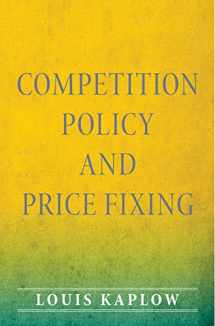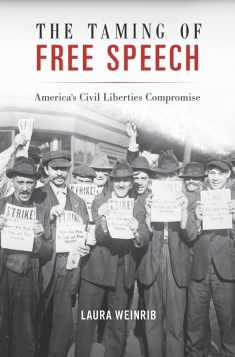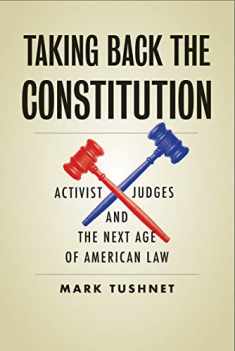
Competition Policy and Price Fixing
Book details
Summary
Description
Throughout the world, the rule against price fixing is competition law's most important and least controversial prohibition. Yet there is far less consensus than meets the eye on what constitutes price fixing, and prevalent understandings conflict with the teachings of oligopoly theory that supposedly underlie modern competition policy.
Competition Policy and Price Fixing provides the needed analytical foundation. It offers a fresh, in-depth exploration of competition law's horizontal agreement requirement, presents a systematic analysis of how best to address the problem of coordinated oligopolistic price elevation, and compares the resulting direct approach to the orthodox prohibition.
In doing so, Louis Kaplow elaborates the relevant benefits and costs of potential solutions, investigates how coordinated price elevation is best detected in light of the error costs associated with different types of proof, and examines appropriate sanctions. Existing literature devotes remarkably little attention to these key subjects and instead concerns itself with limiting penalties to certain sorts of interfirm communications. Challenging conventional wisdom, Kaplow shows how this circumscribed view is less well grounded in the statutes, principles, and precedents of competition law than is a more direct, functional proscription. More important, by comparison to the communications-based prohibition, he explains how the direct approach targets situations that involve both greater social harm and less risk of chilling desirable behavior--and is also easier to apply.


We would LOVE it if you could help us and other readers by reviewing the book
Book review





